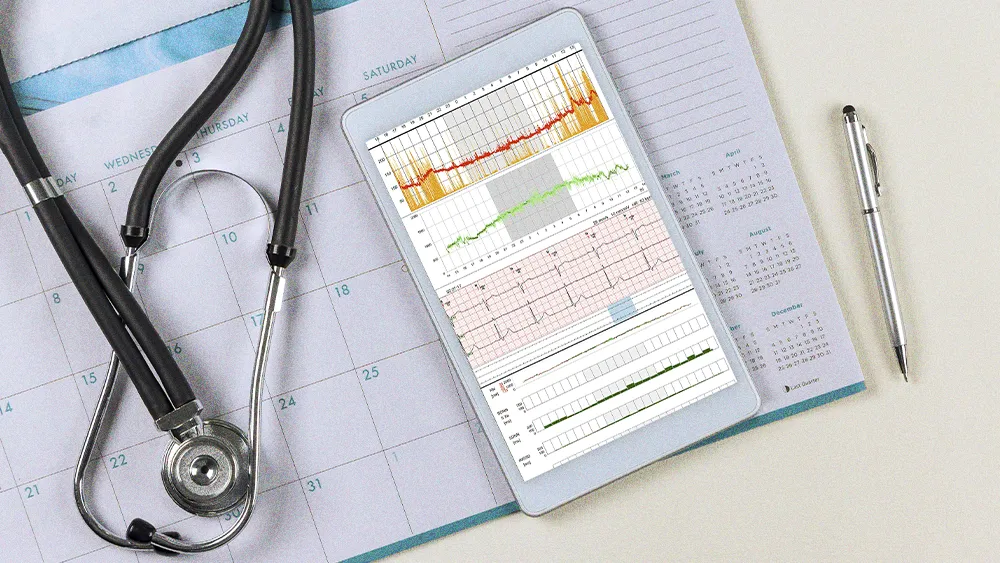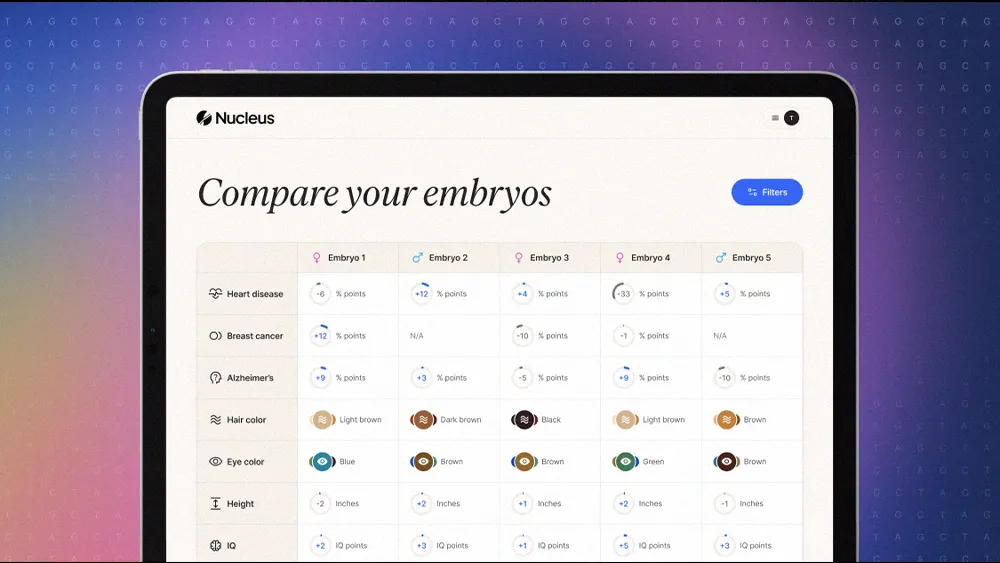The Trump administration is partnering with Google, Amazon, and Apple to modernize healthcare by allowing patients to share medical records via private apps.
Privacy concerns arise as tech companies involved are not bound by federal health privacy laws like HIPAA.
The initiative aims to integrate technology into personal health, with ambitions for widespread wearable adoption within four years.
Critics warn of potential misuse of health data, including tracking individuals seeking out-of-state medical procedures.
The Trump Administration is partnering with tech giants like Google, Amazon, and Apple on a new digital health initiative that will allow patients to share their medical records across a host of private apps. The plan aims to modernize a fragmented healthcare system but is raising privacy concerns over the use of personal data by companies not covered by federal health privacy laws.
Tearing down the walls: The goal, according to a White House announcement, is to “kill the clipboard” with digital check-ins and use AI assistants to help patients manage chronic conditions. HHS Secretary Robert F. Kennedy, Jr. said the administration is “tearing down digital walls” to return power to patients, relying on voluntary commitments from over 60 companies to build the new framework.
Playing by different rules: The plan’s reliance on private tech companies raised red flags. While officials promise a more secure system, the core disconnect remains: tech companies and healthcare providers play by two different sets of rules on data privacy, creating immense risks for sensitive health information.
From wearables to weapons: The initiative is part of a wider push to integrate technology into personal health, with HHS Secretary Kennedy recently sharing his vision that “every American is wearing a wearable within four years.” As reported by Time, those ambitions have amplified concerns that the data could be weaponized, potentially combining health details with app-collected location data to track people seeking out-of-state medical procedures like abortions.
The bottom line: The project's success now hinges on whether officials can build public trust as fast as they build the technology, balancing the promise of convenience against the peril of data misuse.







